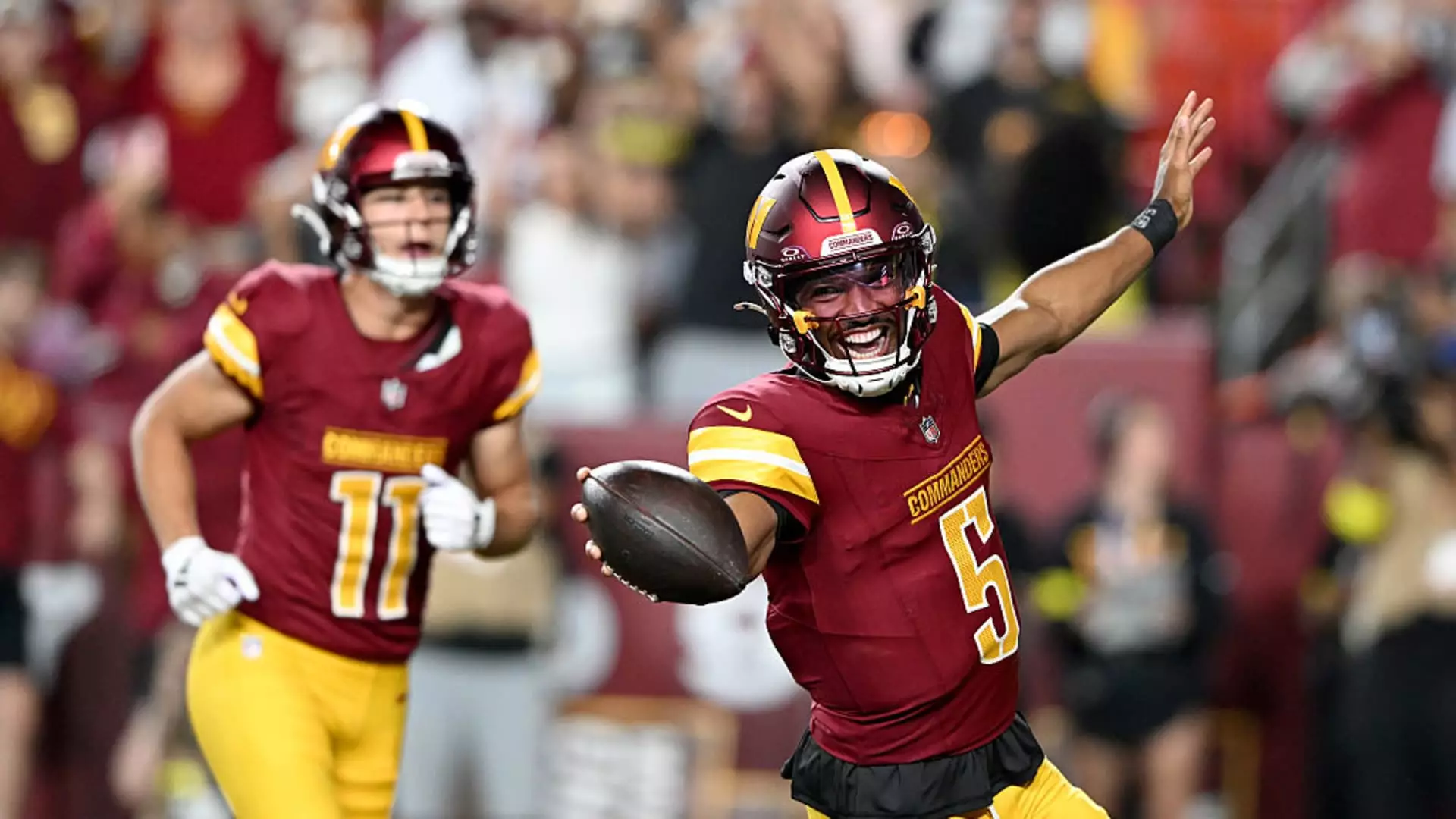Robinhood’s recent expansion into prediction markets for NFL and college football signals a troubling shift in the landscape of online finance and sports culture. What was once a platform designed for democratizing investing now ventures into the risky territory of sports wagering—an area fraught with ethical and societal implications. By transforming beloved athletic competitions into trading opportunities, Robinhood risks commodifying passion and fandom, reducing complex sporting moments into mere financial transactions. This move suggests an alarming trend where the line between entertainment and speculation becomes dangerously blurred.
Instead of fostering responsible financial literacy, Robinhood’s prediction markets may normalize unhealthy gambling behaviors under the guise of trading. The platform’s claim of enabling users to “engage with each other to set the price” echoes traditional betting mechanisms but cloaks it in the language of investing. Such a shift has implications beyond mere entertainment; it cultivates a culture where the thrill of unpredictable outcomes becomes a lucrative game. This is particularly troubling for younger audiences who might not fully grasp the nuances and risks involved, fostering an environment where impulsive gambling can easily be mistaken for smart investing.
The Impact on Society and the Integrity of Sport
The commercialization of sports through financial markets turns competition into a marketplace of speculation, undermining the integrity of athletic events. When fans and casual bettors are encouraged to wager on game outcomes, it risks eroding the intrinsic value of sportsmanship and team loyalty. Instead of appreciating the skill, dedication, and strategic prowess of athletes, a financial-driven perspective encourages viewing games as potential profit opportunities. This shift can diminish the genuine excitement and emotional connection that sports inspire, replacing it with calculation and risk assessment.
Furthermore, expanding prediction markets raises serious ethical questions about the influence of money on sports integrity. The potential for match-fixing or manipulation increases when outcomes are directly linked to financial incentives. Robinhood’s move could inadvertently contribute to a culture where athletic results are viewed through the prism of profit, rather than fairness and competition. It also raises concerns about fairness and equality, as those with more resources could potentially manipulate or dominate these markets, widening existing social inequities.
A Center-Left Critique: A Step Toward Commodification and Loss of Social Values
From a center-left liberal perspective, Robinhood’s foray into sports prediction markets exemplifies a troubling prioritization of profit over social responsibility. While innovation and market expansion are important, they should not come at the expense of societal well-being. The platform’s role in normalizing betting as a form of everyday trading threatens to embed gambling behavior into the fabric of daily life—potentially exacerbating issues like addiction and financial instability.
Moreover, this strategy reflects a broader corporate tendency to exploit popular culture elements for monetary gain, often at the cost of societal health. Sports, at their best, foster community, discipline, and inspiration. Turning them into financial commodities risks stripping away these values, reducing the integrity of the games themselves. It is imperative for regulators, consumers, and platforms like Robinhood to critically assess whether profits are worth the societal erosion that accompanies such pursuits.
By embracing environments where passion is commodified, Robinhood may inadvertently contribute to a broader cultural shift—one that trivializes risk, undermines trust in institutions, and prioritizes quick profits over social good. As consumers, we must question whether this pursuit of profits aligns with our collective values and the long-term health of societal institutions.


Leave a Reply